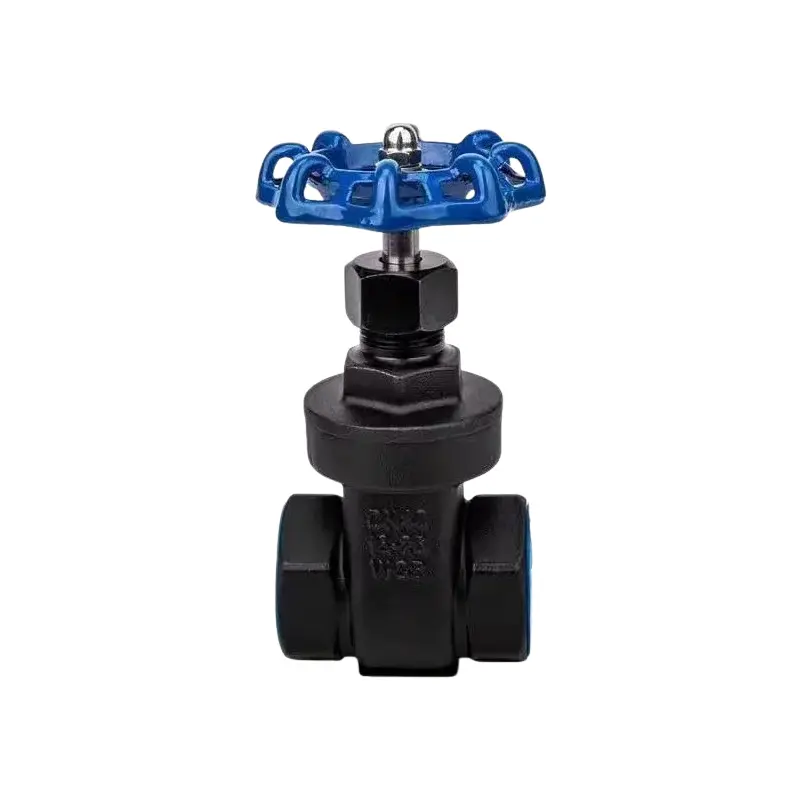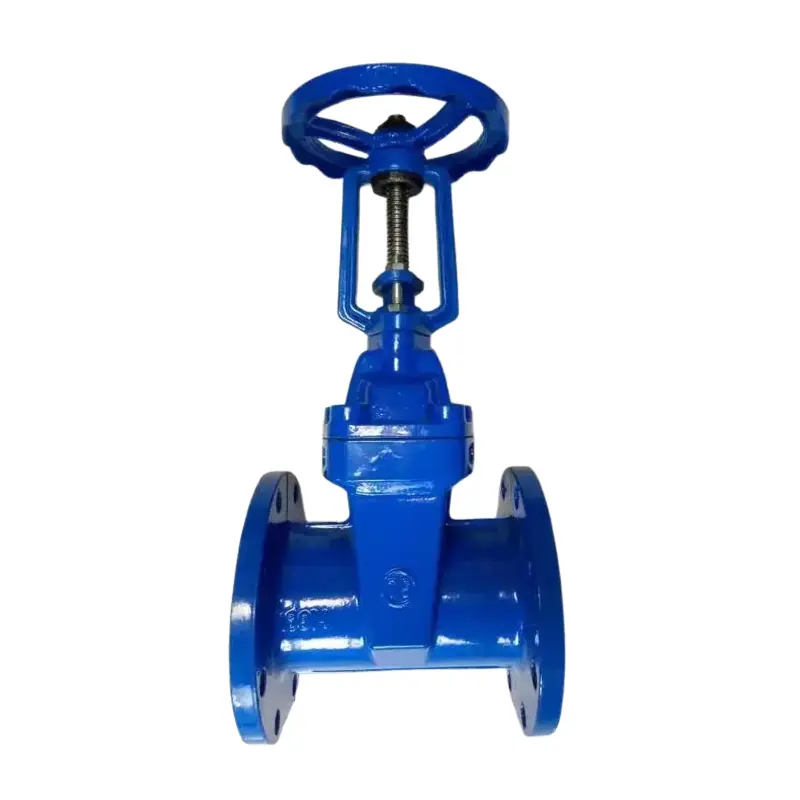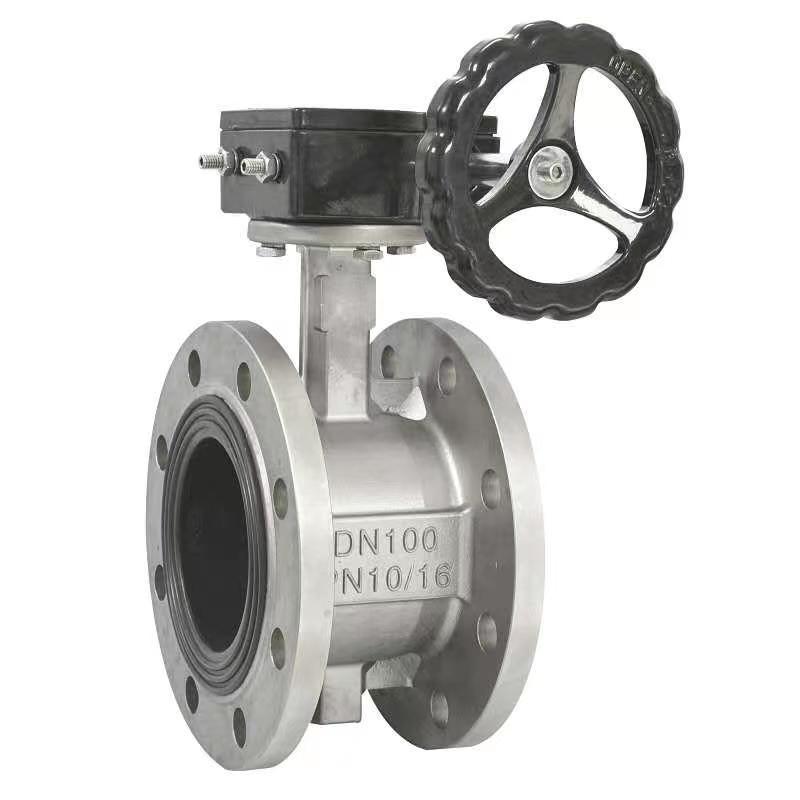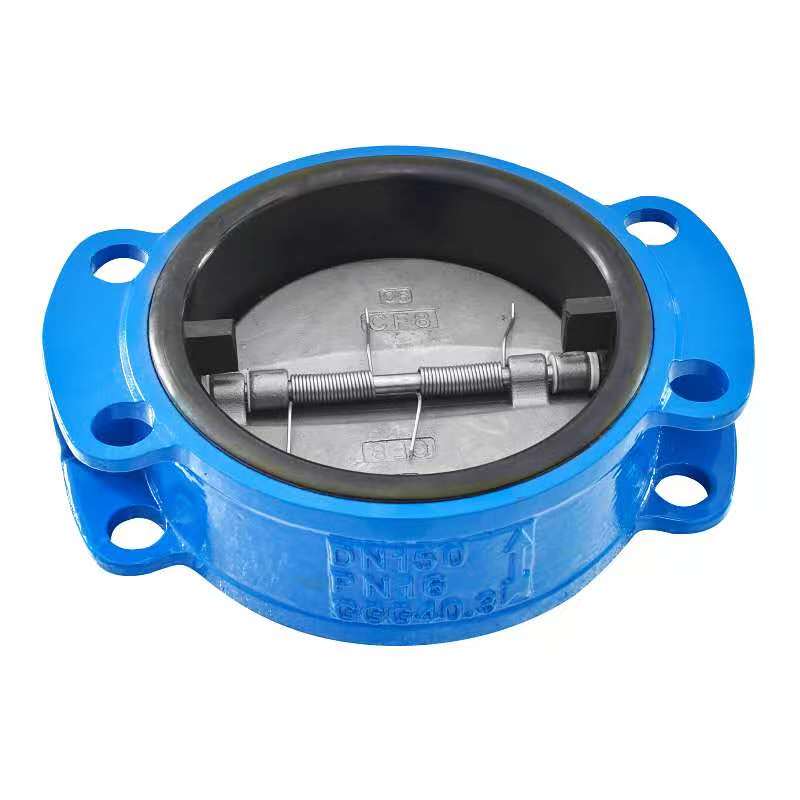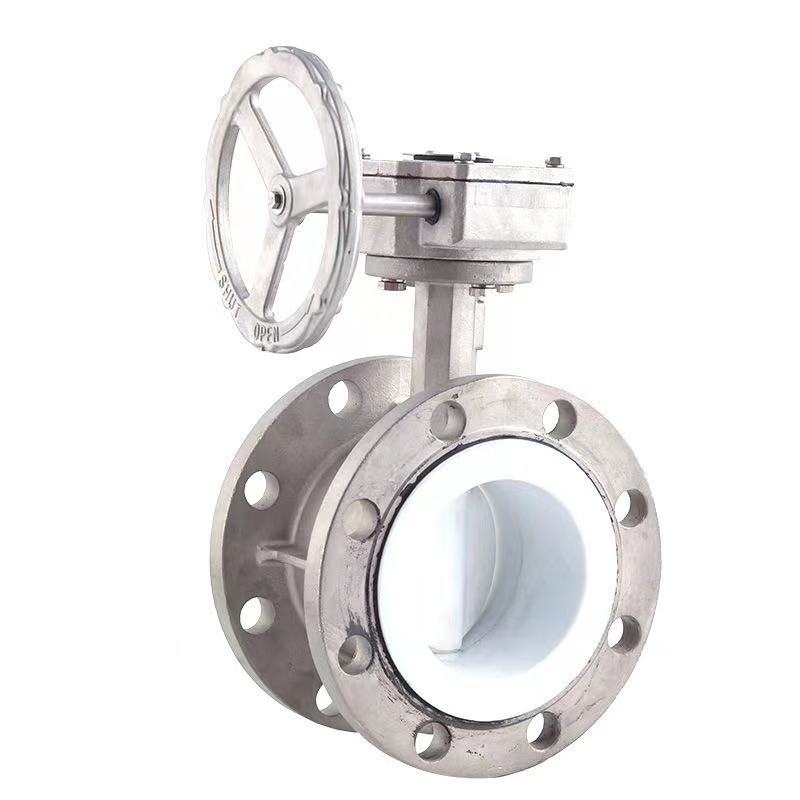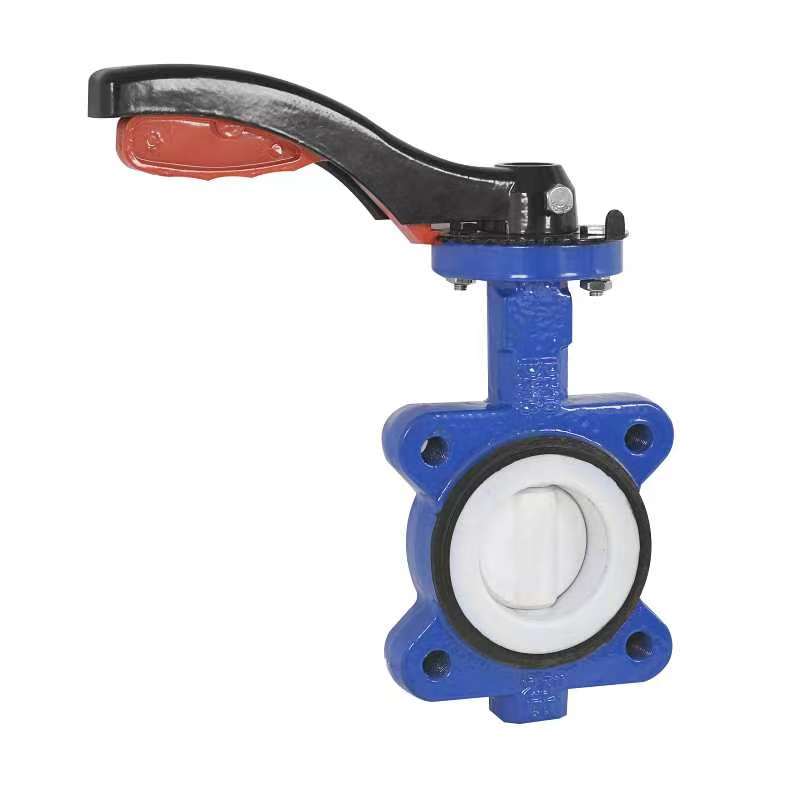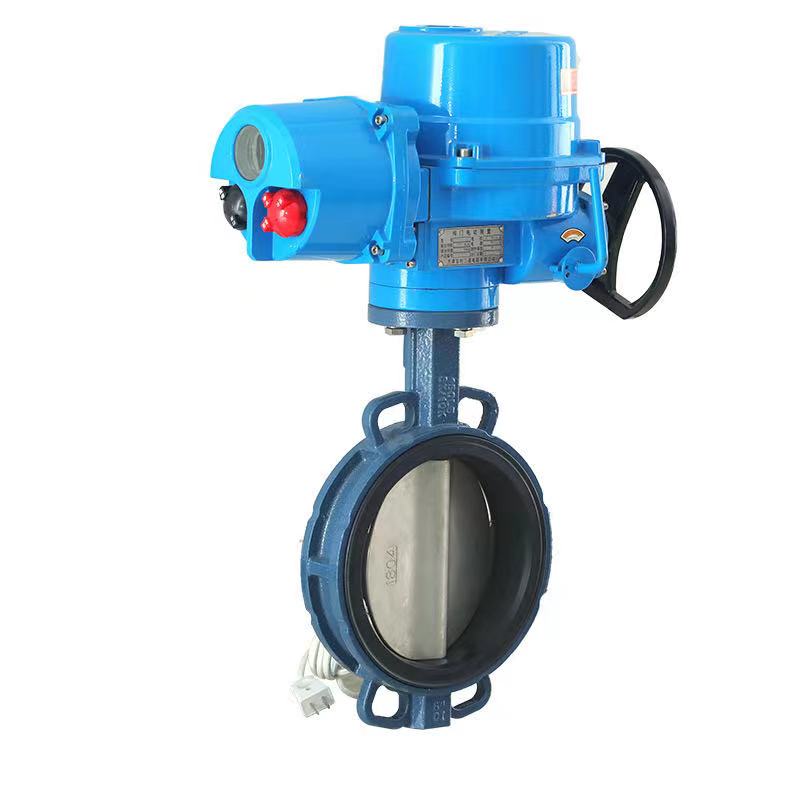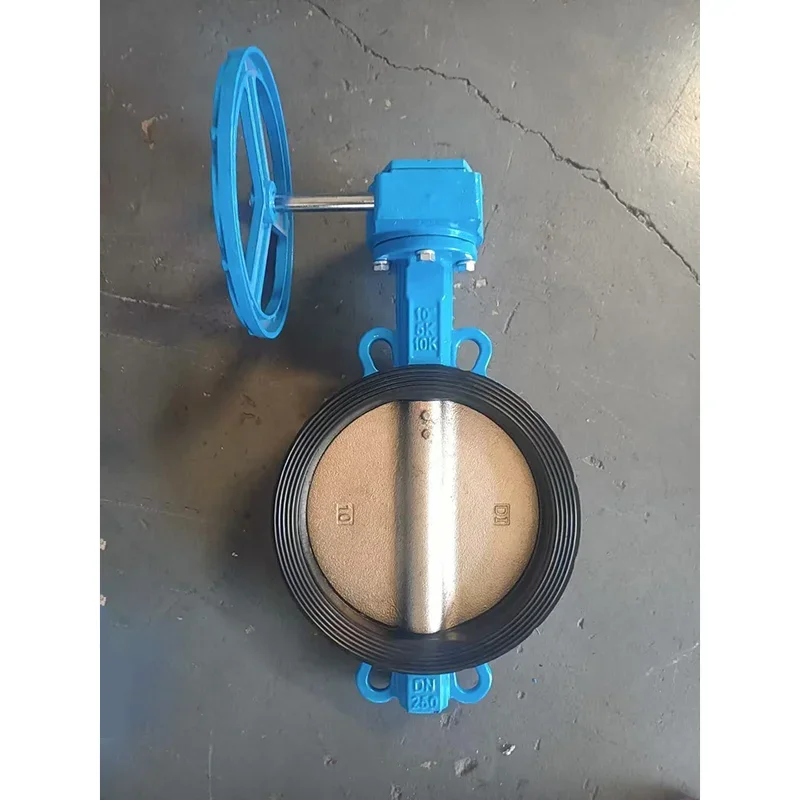- English
- Español
- Português
- русский
- Français
- 日本語
- Deutsch
- tiếng Việt
- Italiano
- Nederlands
- ภาษาไทย
- Polski
- 한국어
- Svenska
- magyar
- Malay
- বাংলা ভাষার
- Dansk
- Suomi
- हिन्दी
- Pilipino
- Türkçe
- Gaeilge
- العربية
- Indonesia
- Norsk
- تمل
- český
- ελληνικά
- український
- Javanese
- فارسی
- தமிழ்
- తెలుగు
- नेपाली
- Burmese
- български
- ລາວ
- Latine
- Қазақша
- Euskal
- Azərbaycan
- Slovenský jazyk
- Македонски
- Lietuvos
- Eesti Keel
- Română
- Slovenski
- मराठी
- Srpski језик
- Esperanto
- Català
- שפה עברית
- Cymraeg
- Latviešu
- icelandic
- ייִדיש
- беларускі
- Hrvatski
- Kreyòl ayisyen
- Shqiptar
- Malti
- lugha ya Kiswahili
- አማርኛ
- Bosanski
- Frysk
- ភាសាខ្មែរ
- ქართული
- ગુજરાતી
- Hausa
- Кыргыз тили
- ಕನ್ನಡ
- Corsa
- Kurdî
- മലയാളം
- Maori
- Монгол хэл
- Hmong
- IsiXhosa
- Zulu
- Yoruba
- অসমীয়া
- ଓଡିଆ
- Twi
- Samoa
- Sesotho
- සිංහල
- Gàidhlig
- Cebuano
- Somali
- Тоҷикӣ
- O'zbek
- Hawaiian
- سنڌي
- Shinra
- Հայերեն
- Igbo
- Sundanese
- Lëtzebuergesch
- Malagasy
- Tǝlam Kanuri
- Punjabi
- پښتو
- Chichewa
Which material is more durable for ball valves
2025-09-02
Which material is more durable for ball valves?
Among various types of valves, ball valves are widely used in various fields due to their simple structure, rapid opening and closing, and good sealing performance. The durability of ball valves is closely related to material selection, and ball valves made of different materials are suitable for different working conditions.
For general water treatment, HVAC and other low-pressure, constant temperature and non corrosive media scenarios, cast iron ball valves are an economical choice. Cast iron ball valves have lower costs and can meet basic fluid control needs, making them widely used in some cost sensitive civilian and industrial projects. However, the strength and corrosion resistance of cast iron materials are relatively limited, and they are prone to damage in harsh environments, which affects the service life of ball valves.
When it comes to corrosive media such as acidic and alkaline solutions, seawater, etc., stainless steel ball valves are more suitable. Stainless steel has good corrosion resistance and can resist the erosion of various chemicals, ensuring the long-term stable operation of ball valves in harsh chemical environments. Moreover, stainless steel ball valves have high strength, are not easily deformed, and can withstand high pressure, making them suitable for fields such as chemical and marine engineering.
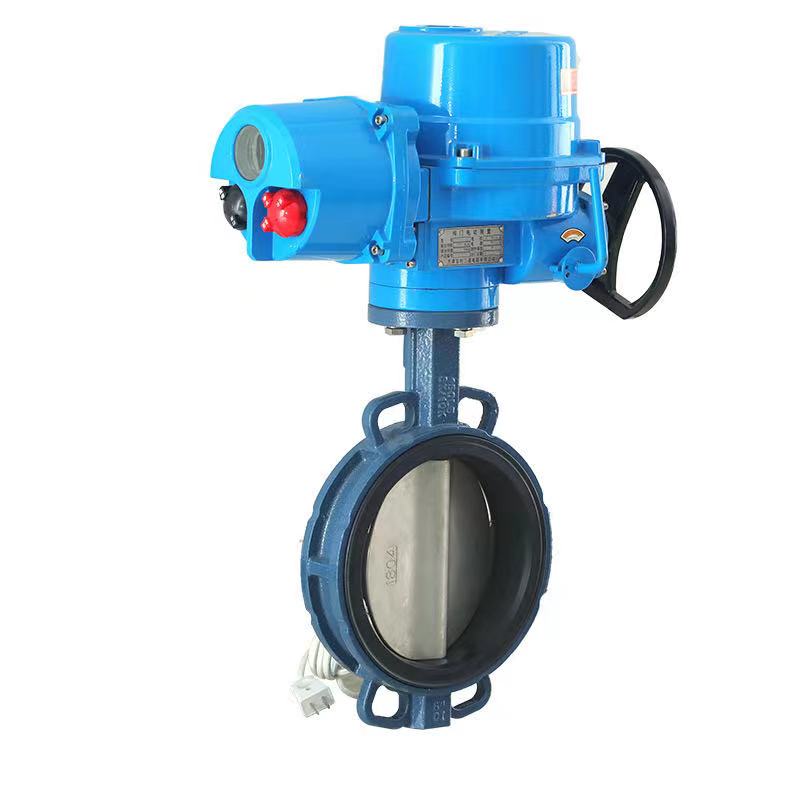
Under high temperature and high pressure conditions, alloy steel ball valves exhibit excellent performance. Alloy steel improves its strength, hardness, and heat resistance by adding specific alloying elements. In high-temperature and high-pressure environments such as oil and gas extraction and transportation, alloy steel ball valves can withstand enormous pressure and high temperatures, ensuring the safe operation of the system.
In addition, plastic ball valves also have a place in some special light industry fields. For example, ball valves made of plastic materials such as polypropylene (PP) and polyvinyl chloride (PVC) have the advantages of corrosion resistance, light weight, and low cost. They are commonly used in industries such as food, pharmaceuticals, and electronics that require high hygiene standards.
In short, to choose a durable ball valve, it is necessary to consider the working conditions comprehensively, such as pressure, temperature, medium properties, etc. Selecting suitable materials based on actual needs is essential for ball valves to achieve optimal performance, extend their lifespan, and ensure stable system operation.
Related News
- Are there any requirements for the installation direction of butterfly valves?
- How long is the service life of butterfly valves generally?
- What media environments are butterfly valves suitable for?
- What will happen to ball valves at low temperatures?
- What is the basis for achieving ball valve sealing?
- Why can ball valves open and close quickly?
New Products


